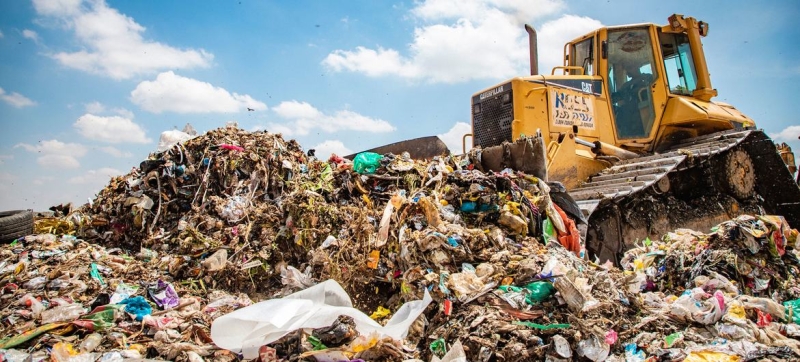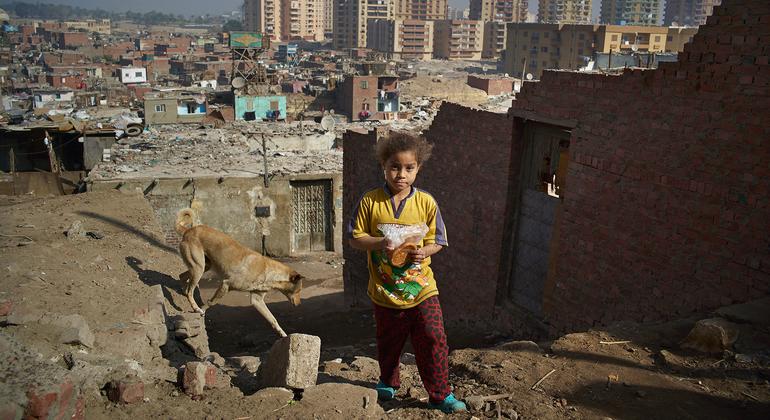
Natural resources are being consumed faster than the planet can support. UN expert: corporations and super-rich people are responsible for environmental pollution Climate and Environment
The UN independent expert on human rights and the environment has called for urgent and radical changes in the way the world economy and business operate to prevent irreversible damage to the planet and protect human rights.
In his report to the UN Human Rights Council on Wednesday, Special Rapporteur David Boyd stressed that the practices currently employed by the private sector, especially the largest corporations, pose a serious threat to the environment.
The Impact of Rich Countries
Boyd emphasized that natural resources are being consumed six times faster than the planet can support.
“Humanity—primarily the super-wealthy with their private jets, yachts, huge mansions, space travel, and hyper-consumer lifestyles—is pushing beyond Earth’s capabilities,” his report says.
The Special Rapporteur drew special attention to the negative impact of the most developed countries in the world on the environment.
According to the expert, if the entire world population consumed at the same rate as the average American, then “we would need four more Earths” to extract resources and dispose of waste.
Devastating consequences
“We are undermining the Earth’s life support system, and that has serious consequences for human rights,” Boyd warned.
He added that states fail to properly regulate, monitor and punish businesses when they harm the climate, the environment and violate human rights. Moreover, governments sometimes encourage destructive activities of the private sector, an independent expert noted.
A Special Rapporteur appointed by the UN Human Rights Council has highlighted some of the industry’s most destructive practices and their consequences. These include so-called “greenwashing,” the rejection and manipulation of scientific evidence, corruption, and the use of lawsuits for intimidation purposes.
“All businesses have a responsibility to respect human rights, including the right to a healthy environment,” Boyd said. He emphasized that states have a responsibility to protect human rights and hold businesses accountable for their violations.
A fair balance
The UN expert also drew attention to the paradox facing the international community.

To combat climate change, it is necessary to reduce humanity’s ecological footprint, but at the same time, in the countries of the Global South, the population needs more resources, materials and energy sources. Boyd called on wealthy nations to take the lead in reducing their environmental footprint while financing sustainable growth in developing countries.
People and planet come before profits
The independent expert’s recommendations include abandoning the use of gross domestic product (GDP), in which the success of the economy is assessed only in monetary terms.
He called for climate and environmental laws based on human rights principles. He also believes there is a need to hold polluters accountable and encourage new paradigms for business that prioritize the well-being of society over shareholder profits.
“Ironically, business plays a critical role in supporting society’s aspirations for a just and sustainable future,” Boyd said.
Special Rapporteurs are not UN staff and are independent of any government or organization. They serve in an individual capacity and are not paid for their work.
